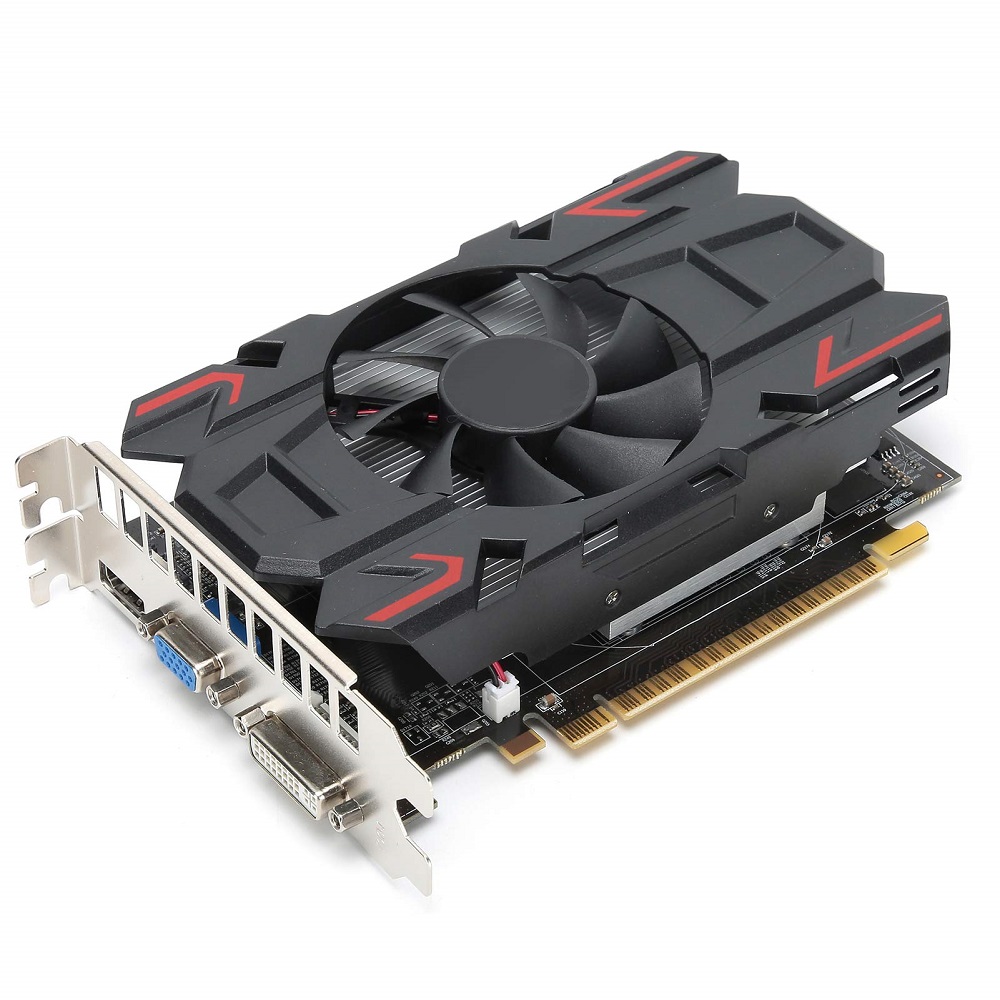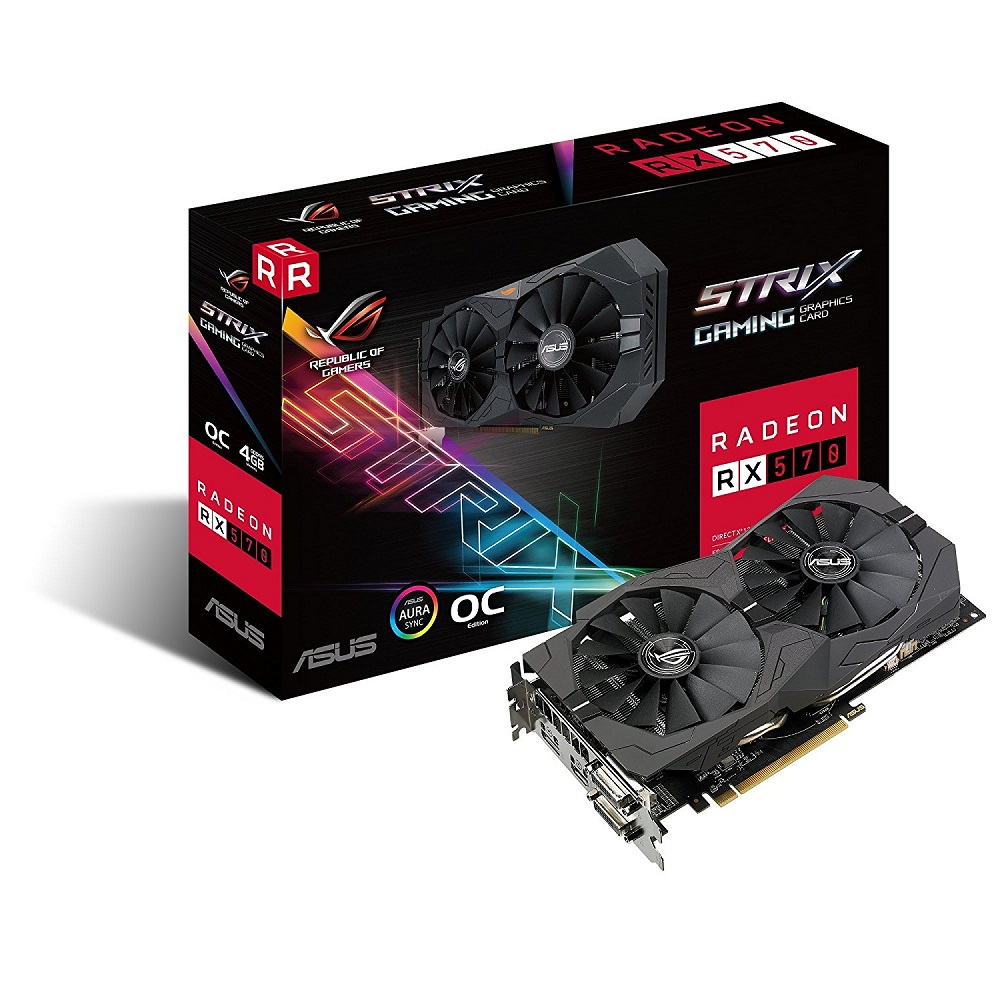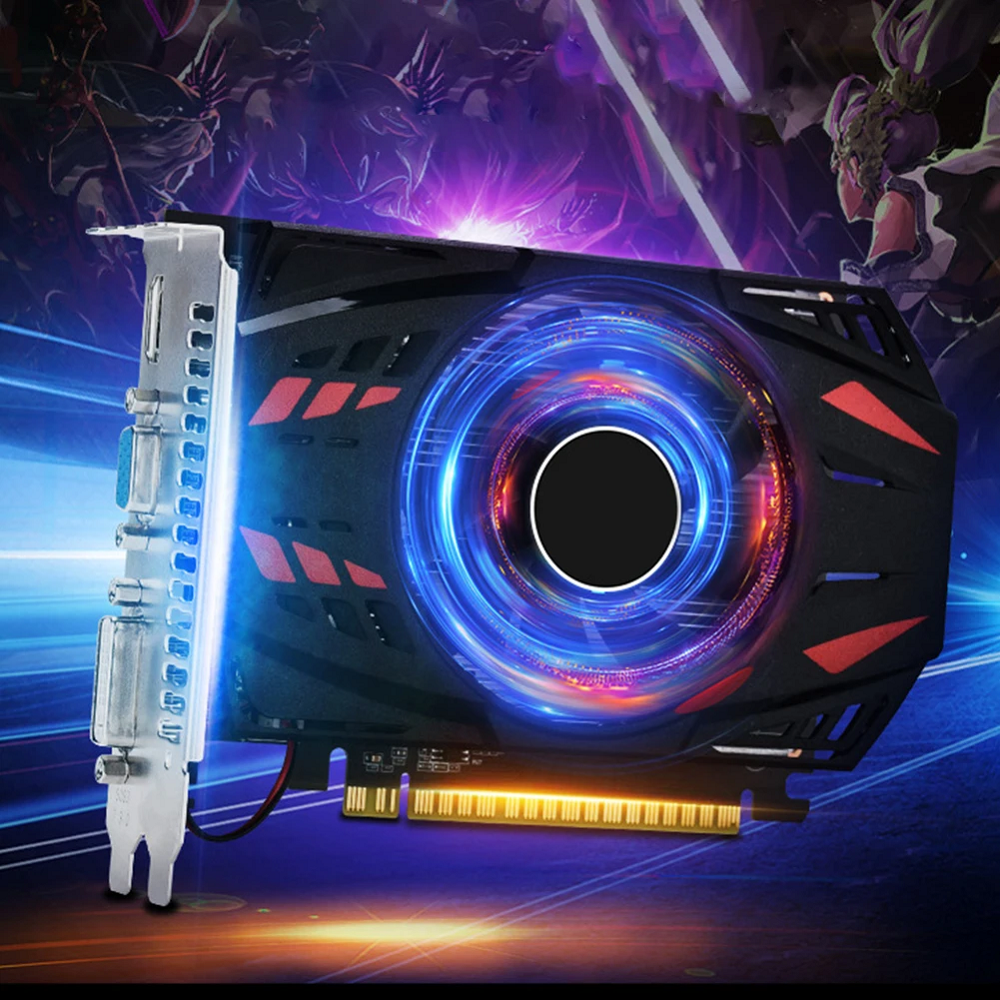Navigating the complexities of a PC build can be intimidating for both new and experienced users. A common question that arises is whether a dedicated graphics card is necessary. Do you need graphics card for pc? While the answer depends on the intended use of the PC, understanding the role of a graphics card and assessing your computing needs can guide your decision in assembling the ideal PC setup.
Understanding Graphics Cards: The Basics
What a Graphics Card Does
A graphics card for pc, also known as a video card, is responsible for rendering images, videos, and animations onto your display. It converts data into a signal that your monitor can understand. High-performance cards can manage this at higher resolutions and with more delicate details.
Integrated vs. Dedicated Graphics Solutions
Most modern CPUs include integrated graphics, which share memory with the processor and offer a basic level of performance suitable for everyday tasks. In contrast, dedicated graphics cards include their own memory (VRAM) and processing power, which enable them to handle more graphically intensive tasks.

Assessing Your Needs: Who Needs a Graphics Card?
For Casual Use and Everyday Tasks
If your PC use includes web browsing, office applications, and media consumption, the integrated graphics that come with your CPU should suffice. Modern integrated graphics can comfortably handle high-definition video streaming and social media apps without the need for a separate graphics card.
For Gamers and Professionals
Gamers, graphic designers, video editors, and users who run 3D modeling software will likely need a dedicated graphics card. These users require the additional power to handle the demands of modern games and resource-intensive software.
Performance Considerations: Making the Right Choice
The Impact of a Graphics Card on Gaming
For gamers, a dedicated graphics card for pc is often non-negotiable. It dramatically affects frame rates, resolution, and in-game settings. With a high-performance graphics card, you can enjoy a smoother gaming experience with crisp visuals and faster loading textures.
How a Graphics Card Influences Productivity
Professionals in creative fields benefit from dedicated graphics cards as they often work with software that leverages GPU acceleration. Tasks like video rendering, animation, and complex photo editing see significant performance boosts from a powerful graphics card.
Budgeting Your Build: Cost vs. Benefit
Analyzing the Cost of a Graphics Card
Graphics cards range from affordable options suitable for basic computing to high-end models for gaming and professional use. Determine your budget and weigh the cost against the performance gains. Remember, the most expensive graphics card isn’t always necessary for every user’s needs.
Exploring Alternative Upgrades
If a dedicated graphics card is not a priority, you might consider investing in other components. Upgrading your CPU, RAM, or storage can often provide more noticeable improvements to your computing experience, especially for general use PCs without heavy graphic demands.

Future-Proofing Your PC: Long-Term Planning
Considering Upgrade Paths and Compatibility
When building a PC, consider your future requirements. You might not need a dedicated graphics card now, but if you anticipate diving into gaming or editing work, ensure your motherboard and power supply can accommodate a graphics card later on.
Graphics Card and Technology Trends
Stay informed about technology trends. Graphics technology evolves rapidly, and what’s on the cutting edge today may be the minimum requirement in a few years. By evaluating the current tech landscape, you can make a more informed decision about whether to include a graphics card in your build.
Making the Decision: Integrated or Dedicated
Weighing Individual Usage Against Performance Needs
Review your primary activities on the PC. For low to medium demand computing, integrated graphics may be sufficient. However, if you tend toward graphic-intensive tasks, a dedicated graphics card becomes a wise investment for performance and satisfaction.
Finalizing Your PC Build Choice
Once you’ve assessed your needs, outlined your budget, and considered the future, make an educated decision on whether a graphics card is right for you. Factor in all aspects of your computing lifestyle, academic pursuits, professional requirements, or entertainment preferences to choose the suitable setup for your PC build.
Enhancing Visual Experiences: The Value of a Good GPU
The Role of a GPU in Media Consumption
For those who consume lots of high-definition content or work with multimedia production, the graphics processing unit (GPU) serves as a vital component. It ensures smooth playback and editing of high-resolution video and can be instrumental in managing multiple display setups.
Stepping into Virtual Reality
Virtual reality (VR) and augmented reality (AR) are becoming increasingly popular, and to experience them fully, a robust graphics card is required. A capable GPU ensures that VR environments are immersive and fluid, providing a responsive experience free from motion sickness-inducing lag.

Optimizing System Performance: When a GPU is Overkill
Situations Where Integrated Graphics Suffice
For day-to-day computing—such as writing documents, browsing the internet, or light photo editing—integrated graphics are more than adequate. In these scenarios, investing in a dedicated GPU might not yield noticeable benefits, and the funds could be better allocated elsewhere in your system.
Analyzing Workload Needs
Always analyze your workload: If your software primarily uses the CPU, and your tasks are not heavily dependent on graphic fidelity, a high-end GPU might not be necessary. Allocate your budget according to what will most improve your workflow efficiencies.
Balancing Power and Consumption: A Sustainable Approach
Considering Energy Consumption
Graphics cards are among the most power-hungry components in a PC build. It’s important to consider your energy costs and environmental impact. Integrated graphics can be a more energy-efficient alternative for users with moderate computing habits.
Avoiding Unnecessary Heat and Noise
Higher-end graphics cards often generate more heat and noise. If noise levels are a concern, or if you’re not equipped with an adequate cooling solution, opting for a build without a dedicated GPU—or with a more modest one—might be your best option.
The Impact of Gaming Advances: Keeping Up with Games
Gaming Demands and GPU Requirements
As game developers push the limits of what’s possible in terms of graphics, the demands on hardware increase. A powerful graphics card ensures not only better graphics but also compatibility with future game releases.
Refresh Rates and Resolution: Maximizing Your Monitor’s Potential
Gamers aiming to take full advantage of high refresh rate or high-resolution monitors will require a graphics card capable of pushing the envelope. The GPU must work harder to maintain smooth frame rates at higher resolutions, making a dedicated card necessary for such setups.
Upgrading Your PC: The GPU as a Focal Point
The Ease of Upgrading a GPU
One of the advantages of opting for a dedicated GPU is the upgrade path it provides. While upgrading integrated graphics often means replacing the entire CPU or motherboard, a dedicated GPU can be swapped out, extending the life and performance of your system.
Comparing Costs with Performance Gains
When considering an upgrade, compare the cost with the expected performance gain. In some cases, a slightly higher investment can offer disproportionately better performance, making it worthwhile for those needing that extra graphical push.
Concluding Your PC Build Journey: The Final Verdict on GPUs
Making an Informed Decision
Take all the factors into consideration: your specific use case, performance expectations, budget constraints, and future-proofing. Are you planning only to use your PC for office applications and web browsing, or do you see yourself exploring PC gaming or content creation?
Committing to Your PC Build
Once you’ve weighed all factors, confidently commit to your decision. Whether you choose to invest in a GPU now or leave the door open for future upgrades, knowing that your choice is tailored to your needs will ensure that your PC is a tool that fully supports your digital life. With the proper components in place, your PC will serve as a capable gateway to all your computing adventures.
Determining the necessity of a graphics card in your PC build is a decision that hinges on an understanding of what graphics cards do and a clear assessment of your individual needs and goals. A careful consideration of performance requirements and budget constraints will assist in making the choice that aligns with your purpose. You may choose the economical route of integrated graphics. Alternatively, you could invest in the elevated performance of a dedicated card. Ensure that your decision aligns with your computing habits. Your choice should also consider your future ambitions. With the right knowledge, navigating the PC building process is possible. You can arrive at a setup that balances functionality and cost-efficiency. This setup should be tailored to your unique situation.
